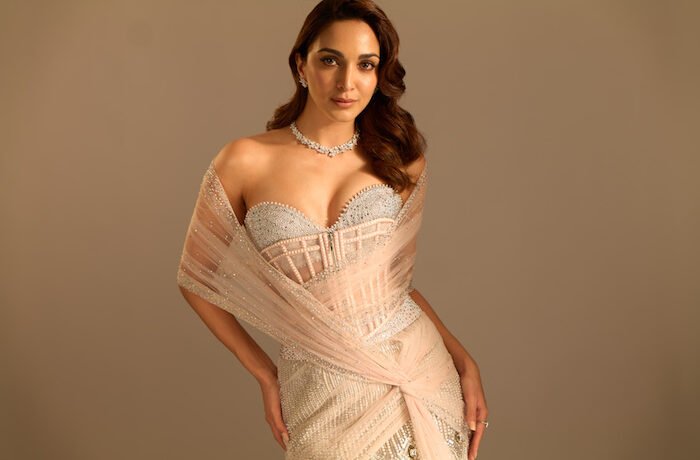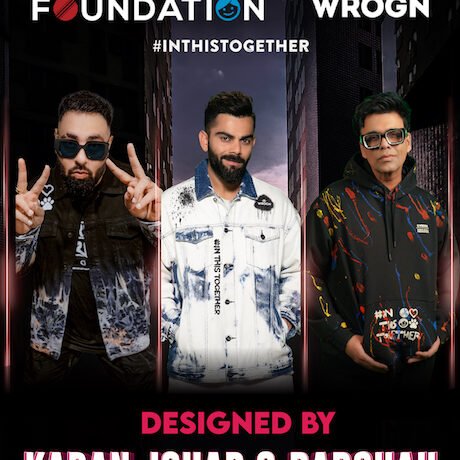Third day of 2nd Flashpoint Human Rights Film Festival will highlight several burning topics like Homophobia, Gender Violence, Communal Violence and Surrogacy
February 5th, the third and final day at the 2nd Flashpoint Human Rights Film Festival that is being held in Delhi will focus on women’s rights and gay rights.
“Many of the basic rights that we take for granted are not available for women and gays in India. While gays are denied the right to love and live with dignity, women are denied basic rights to education and ownership of one’s own body. In a dominant patriarchal structure and prevailing religious mores, it is difficult for women and gays to find their voice to speak the truth”, feels Sridhar Rangayan, Festival Director of the human rights film festival.
Some of the films to be screened on this topics on Sunday February 5th at Alliance Francaise de Delhi on Lodhi Road are ‘Sarabah’ about female genital mutilation, ‘Bullied’ about homophobia in colleges, ‘Cameroon, Coming Out of the Nkuta’ about homophobic violence in Cameroon, Africa and ‘Made in India’ that deals with the controversial topic of surrogacy, where wombs in India are rented out with not enough care and support. “While surrogacy provides a much needed option for childless couples, it also has become a means of exploitation of poor women and gross commercialization of their bodies”, says Rangayan.
A panel discussion in the evening ‘Roots of Violence’ will discuss issues of violence against women and gays in India, featuring eminent speakers from Delhi like Saleem Kidwai, historian and former professor of Jamia Milia, Sunil Gupta, gay and HIV+ photographer, Himadri Roy, writer and associate professor at IGNOU and Savita Singh, Professor and Director of the School of Gender and Development Studies, IGNOU.
The festival will conclude with the screening of Nandita Das’ film ‘Firaaq’ starring Naseeruddin Shah, Dipti Naval, Paresh Rawal and Shahana Goswami. The film deals with the Gujarat riots and presents a poignant tale of the innocent human lives that are a victim of religious and political factionalism.
“These are burning issues about human rights that need to be highlighted urgently and what better way than through cinema”, says Rangayan.








